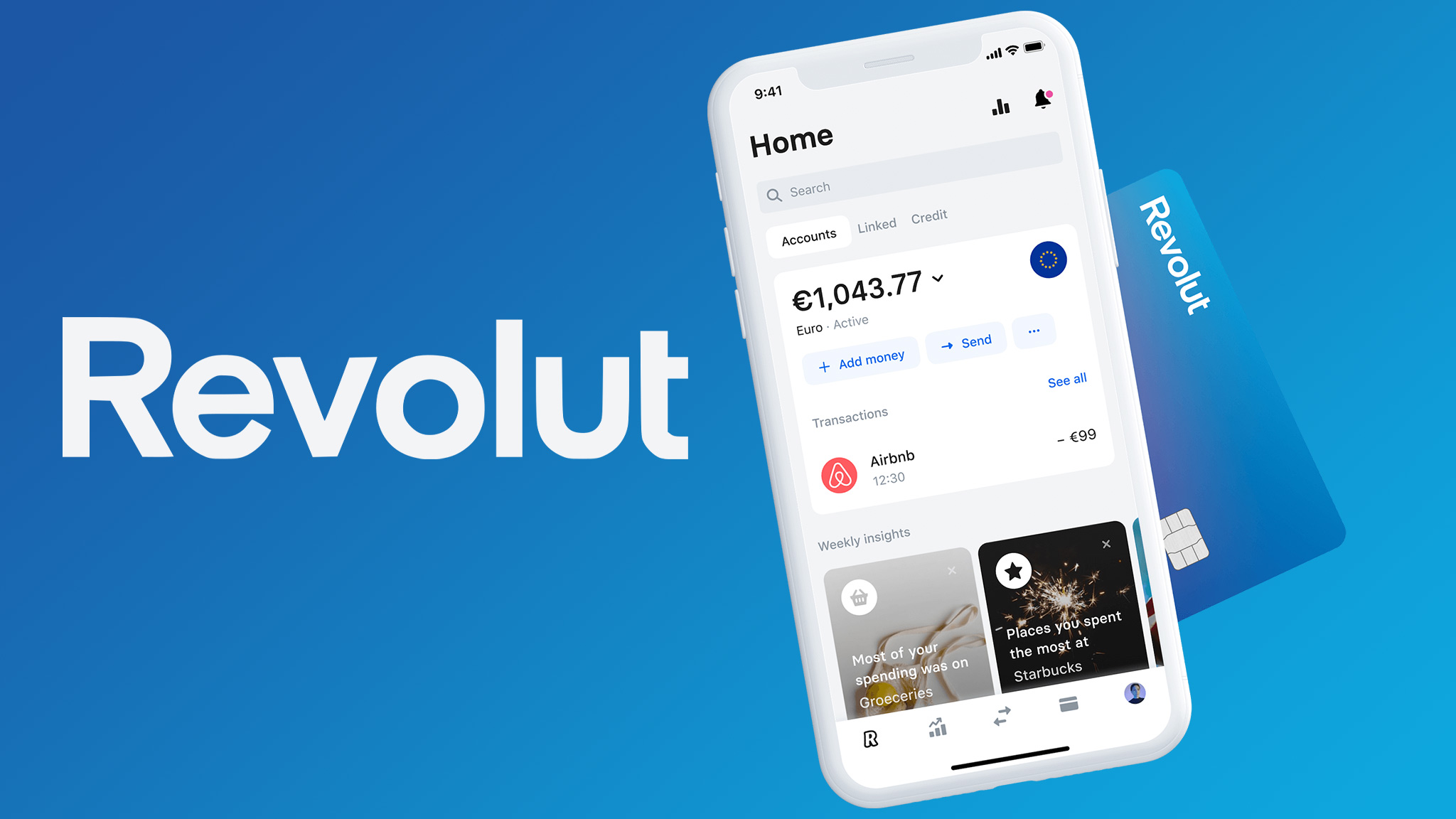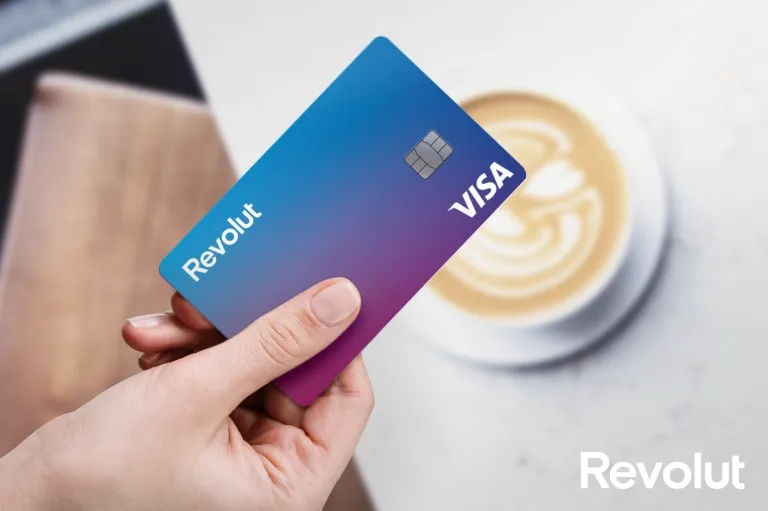Physical Address
60 Ekwema Cres, Layout 460281, Imo
Physical Address
60 Ekwema Cres, Layout 460281, Imo

In this age where traditional banks in Africa compete for digital supremacy, Revolut South Africa has emerged as a name on the lips of anyone seeking a nimble, feature‑rich financial app.
Since 2015, Revolut has since grown to over 60 million users globally, offering multi‑currency accounts, fee‑competitive transfers, and a suite of add‑on services ranging from stock trading to crypto exchange.
Yet despite its global footprint, Revolut has not officially launched a full banking operation in South Africa—raising questions about which services are available locally, what fees apply, and whether it’s truly safe to entrust your money to a challenger bank without domestic licensing.
In this comprehensive review, we will discuss in detail all that you need to know about Revolut South Africa; how the app works, transfer fees, local availability, potential drawbacks, and security measures.

Although you can download the Revolut app from the Apple App Store or Google Play in South Africa, the service here remains limited. Revolut does not yet hold a South African banking licence, so it operates as an e‑money institution rather than a full bank. What does this mean in practice?
Revolut South Africa today functions best as a travel money tool or an international transfer vehicle—full-fledged digital banking features like local payment and debit orders are still pending a licensing breakthrough.
Read also: How to Get a Loan Under Debt Review In South Africa building loan
One of Revolut’s primary selling points is its transparent, low‑cost transfer model. Revolut offers very low fees on transfers, especially between Revolut users. In fact, sending money to another Revolut account is generally free.
The charges come in when you transfer out to a regular bank account overseas. In global terms, Revolut’s standard plan will levy a fee for international transfers – typically up to 5% of the amount (or a flat cap, whichever is higher).
However, Revolut often displays fees in-app ahead of time. Here’s how Revolut Transfer fees break down for South African users:
| Transfer Type | Revolut Fee | Notes |
| Peer‑to‑Peer (Revolut → Revolut) | Free | Instant and unlimited between Revolut users globally. |
| Currency exchange (weekdays) | 0% markup up to fair‑use limit | Standard plan grants a monthly allowance (~USD 1 000) before 0.5% “fair usage” fee. |
| Currency exchange (weekends) | 0.5–1% markup | Applies outside market hours due to increased FX costs. |
| International bank transfers (SWIFT) | From 0.3% (min. ~USD 5) | Fees vary by corridor; intermediary banks may add charges. |
| ATM withdrawals | Free up to plan limit; 2% beyond | Standard plan: up to GBP 200/month; Premium/Metal plans raise or remove allowances. |
| Domestic Rand top‑ups | Depends on funding method | Card top‑up (3% fee typical), bank transfer (free), SEPA not applicable |
For Revolut South Africa users, peer transfers carry zero cost, and weekday currency exchange is free within the monthly allowance. If you bypass those limits or transact on weekends, expect small markups.
International SWIFT payments remain competitive versus legacy banks, though always check the in‑app rate preview before confirming.
See also: Legit Online Loan Apps in South Africa

At its core, Revolut is a mobile‑first financial super‑app. Here’s the typical user journey on how Revolut works:
For South Africans, the friction point lies in funding and withdrawing Rand via a standard bank linkage. Once domestic licensing arrives, expect a more seamless in‑country experience—until then, Revolut excels for cross‑border needs and multi‑currency wallets.
In its current form, Revolut South Africa offers:
In practical terms, South African residents can use Revolut for travel spending, offshore currency management, and global transfers—but not as a full replacement for a domestic bank account.
Keep an eye on ongoing regulatory developments; Revolut has publicly expressed interest in obtaining a South African licence, which would unlock DCAs and rand payments functionality.
Check out: The Most Popular Smartphones in Nigeria vs. South Africa: What Do Users Prefer?
Despite its appeal, Revolut South Africa users should be mindful of:
Security and regulation underpin Revolut’s value proposition. Key safety measures include:
Also see: How to Apply For a Temporary Loan at Standard Bank in South Africa
Yes. You can transfer money to Nigeria on the go, anytime.
Yes, you can use the Revolut card for everyday spending in Nigeria
SWIFT transfers can take up to 2 business days to arrive
Yes, you can buy Bitcoin with a debit card on Revolut
Revolut South Africa represents a compelling glimpse into what digital banking can offer: lightning‑fast account opening, peer‑to‑peer transfers with zero fees, real‑time currency exchange at interbank rates, and a rich ecosystem of add‑on services.
Yet without a South African banking licence, key domestic features—debit orders, local salary payments, and deposit insurance—remain out of reach.
For now, South African users can exploit Revolut for international money management, travel spending, and multi‑currency wallets, but should maintain a traditional bank account for routine local payments and deposit protection.
Once it secures licensing, the app could well become a central pillar of everyday banking in the Rainbow Nation. Until then, savvy users will blend Revolut South Africa with conventional banking to get the best of both worlds.